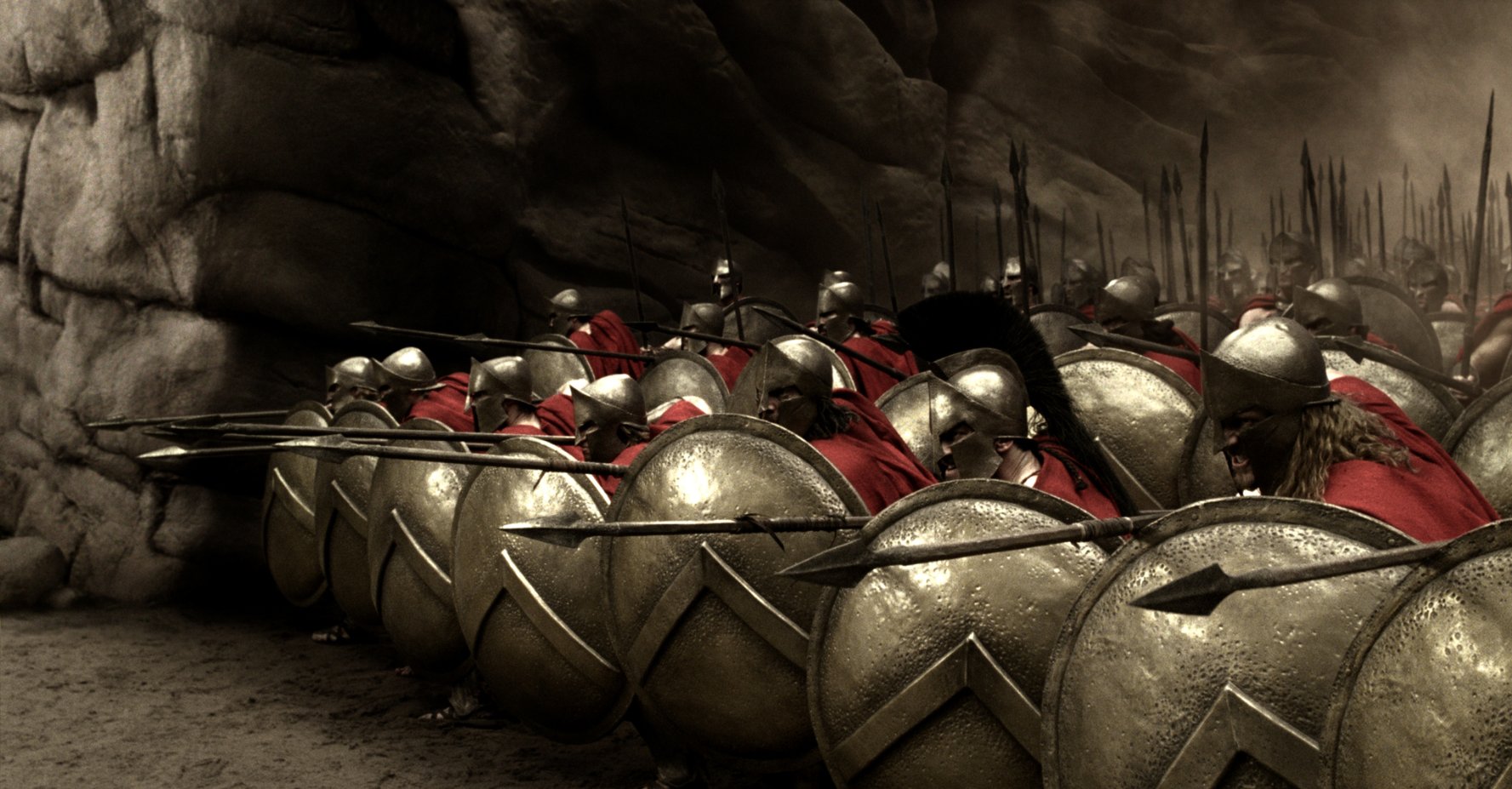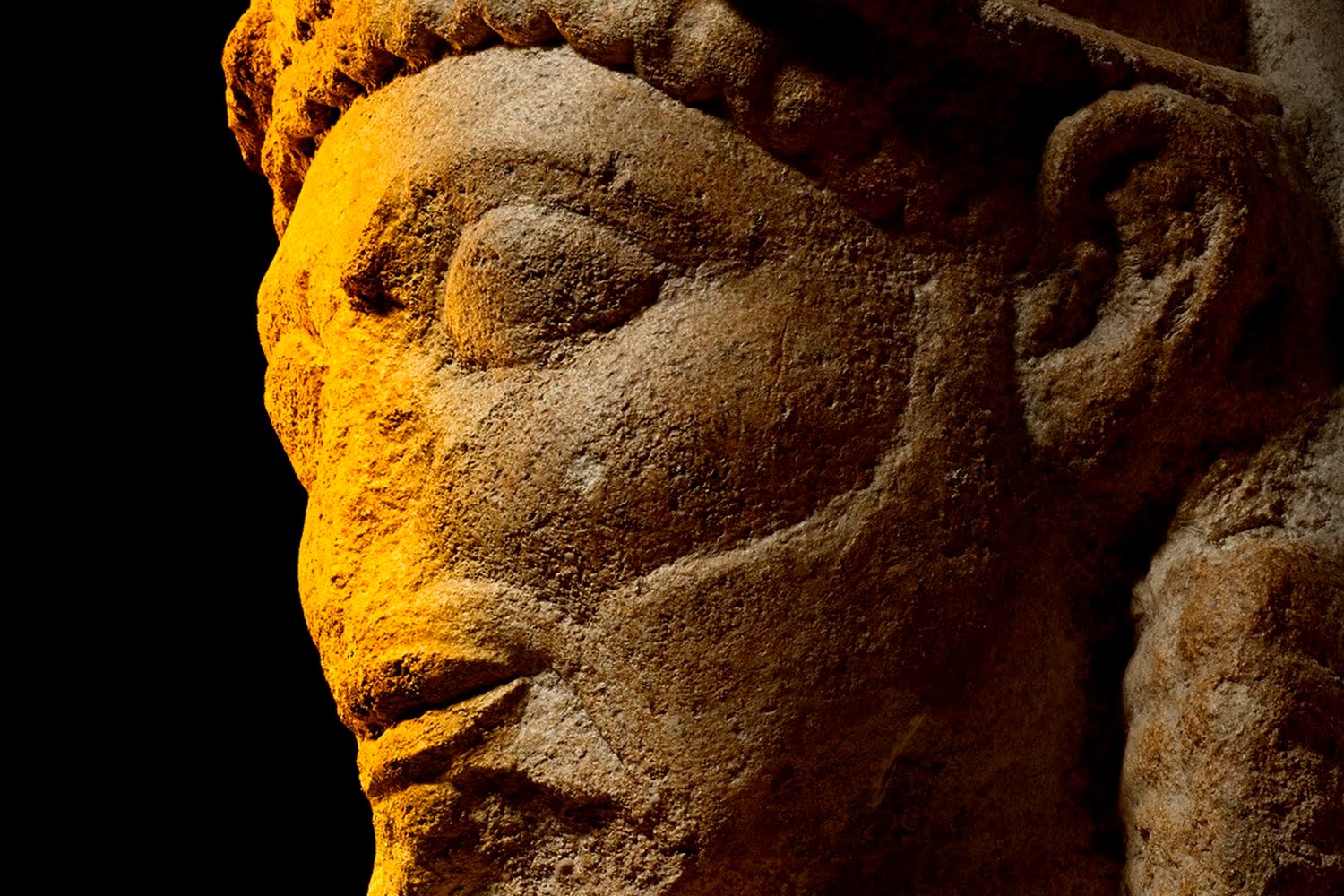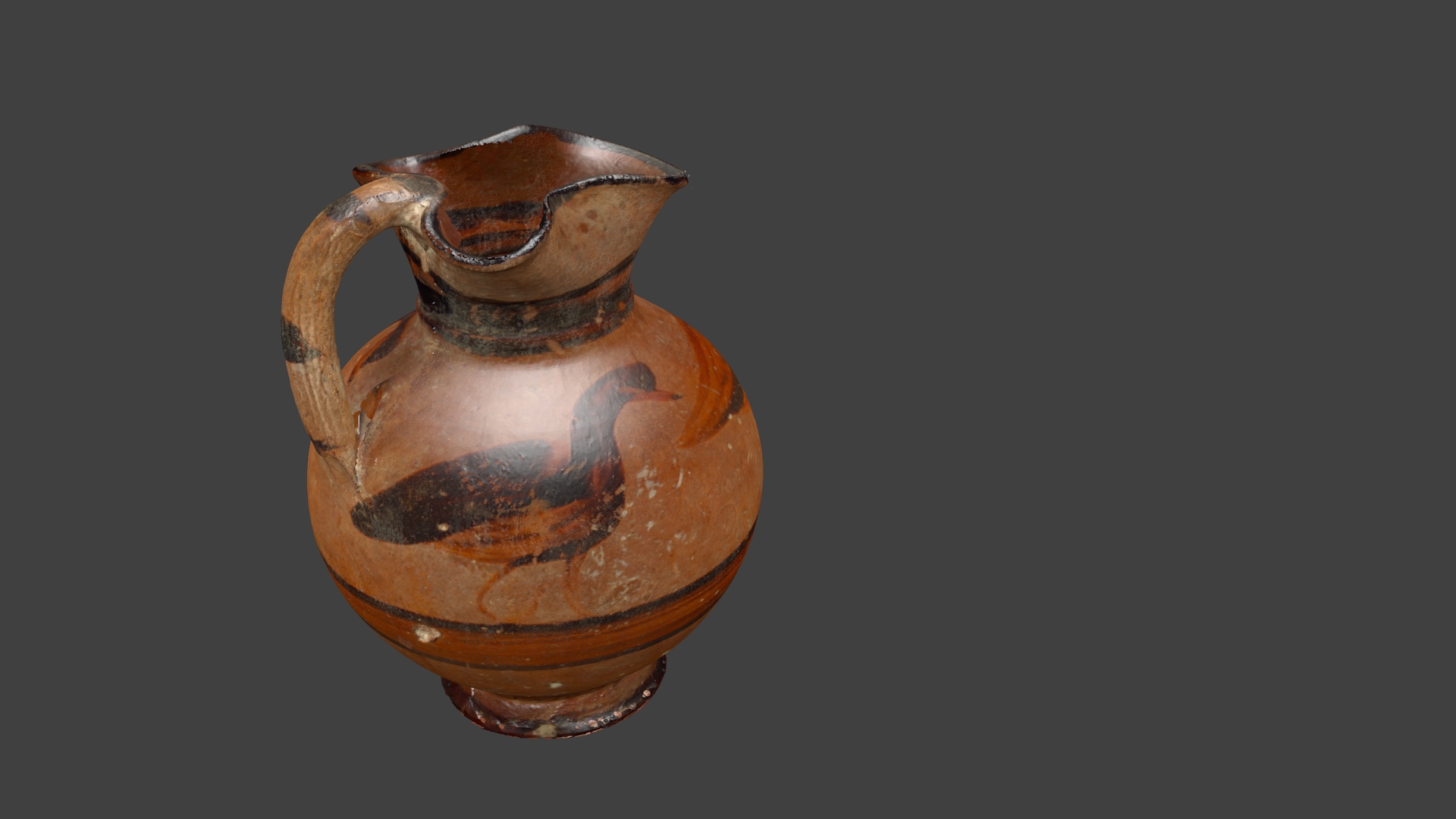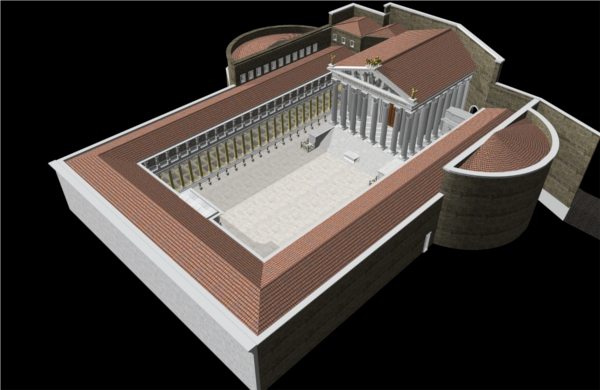In recent years, there has been a flurry of new technologies emerging at a price which makes them (just about) affordable, notably 3D scanners and printers, and such technologies have attracted attention in the news of late for their employment in the digital recreation of artefacts and archaeological sites destroyed by IS. Indeed, 3D printing is a wonderful tool for bringing the past to life: Museum3D, for example, uses its 3D prints to engage museum visitors with low-vision and Alzheimer’s. However, as this post will show, 3D scanning is just as important to public history. There are many methods to creating a 3D model. One of the most popular methods for amateurs is photogrammetry, where all you need is a good camera and a modern computer. Thankfully, museums the world over have been engaging with such technologies, and have also been pretty generous in making their scans freely available: for example, the Smithsonian hosts some online via AutoDesk, while the British Museum has a collection freely available for download from Sketchfab, either to admire on a screen, or …




